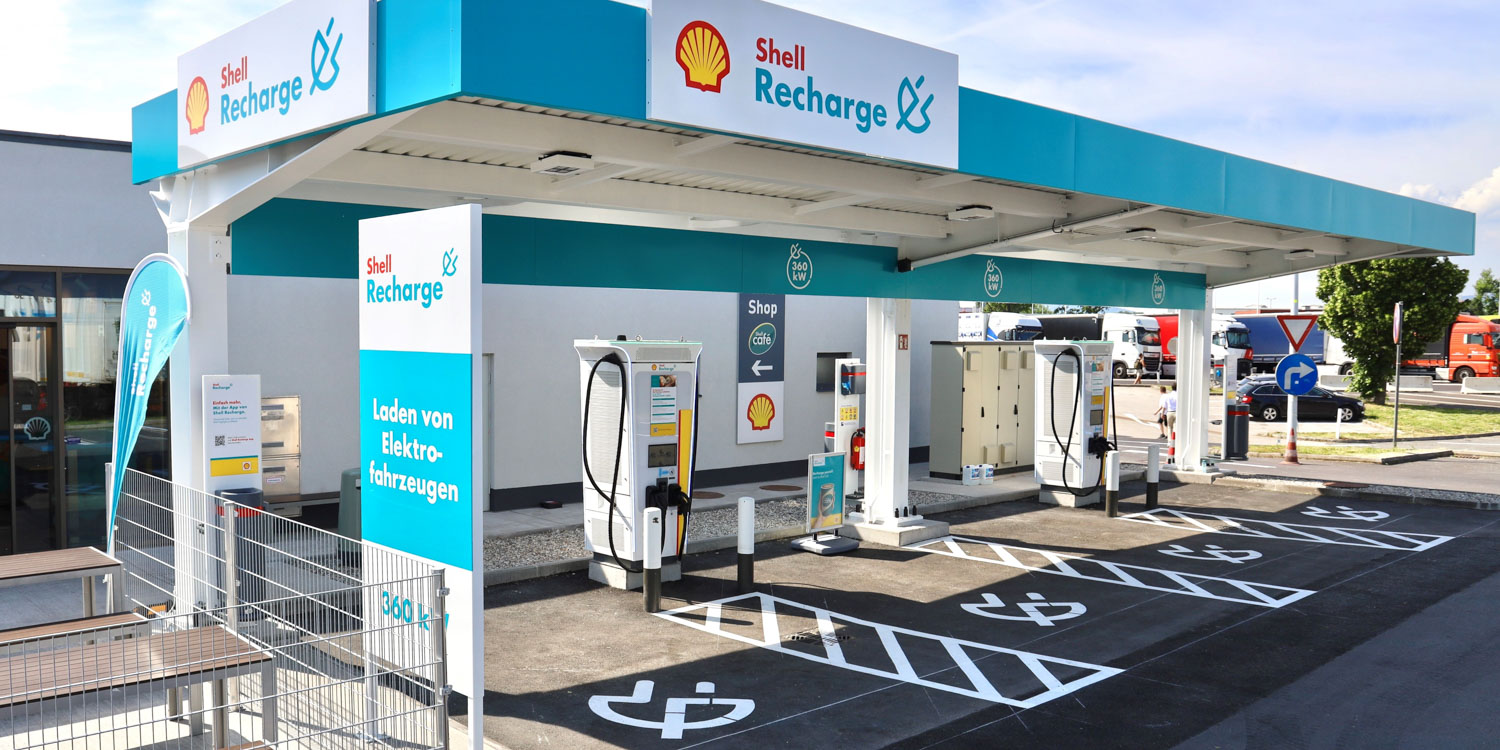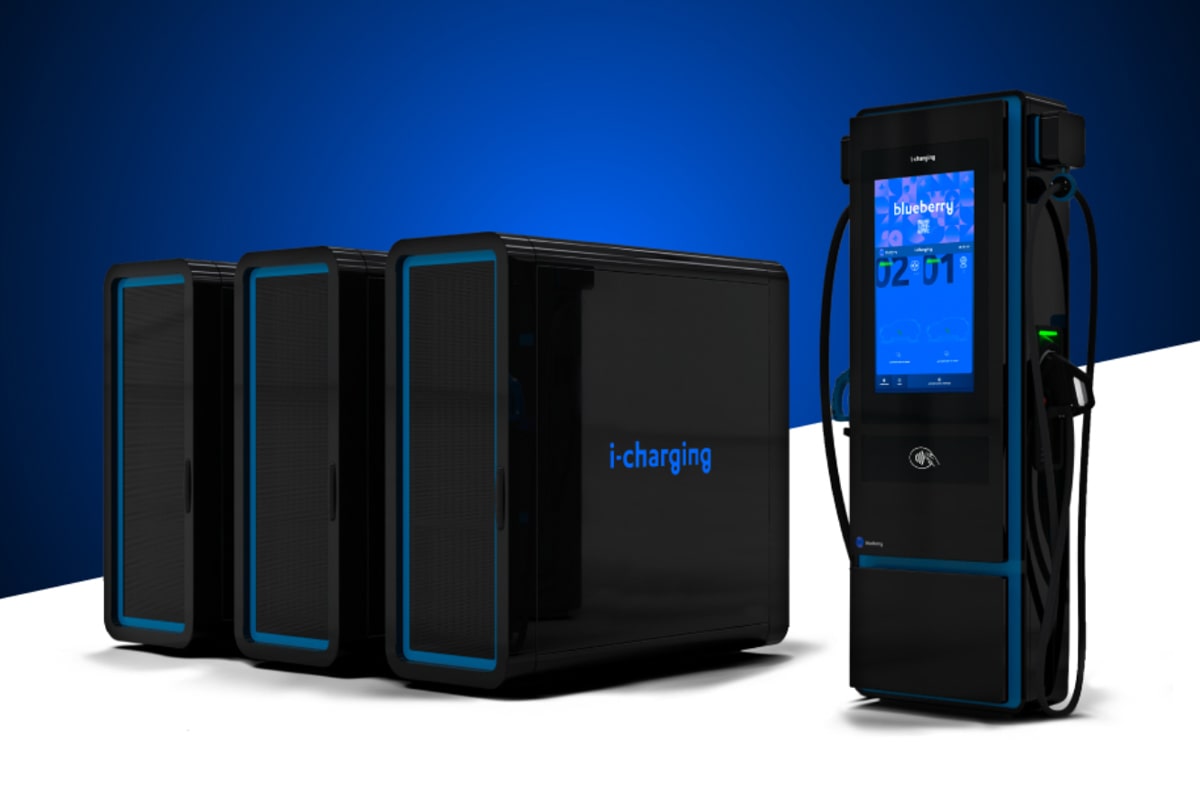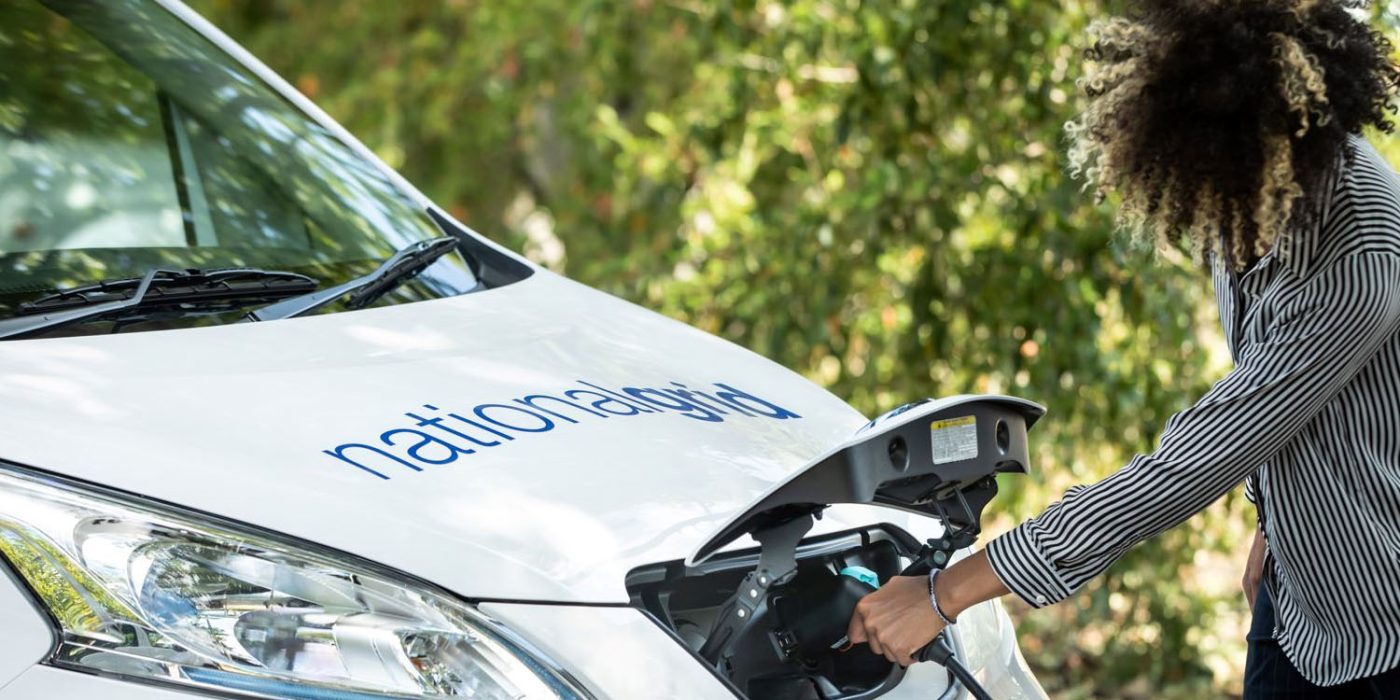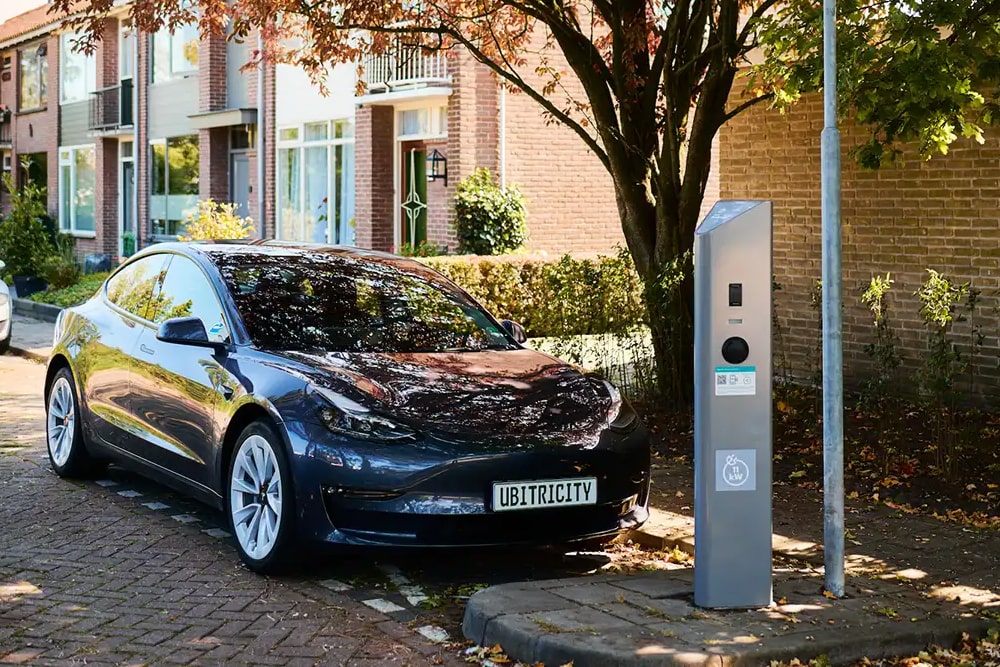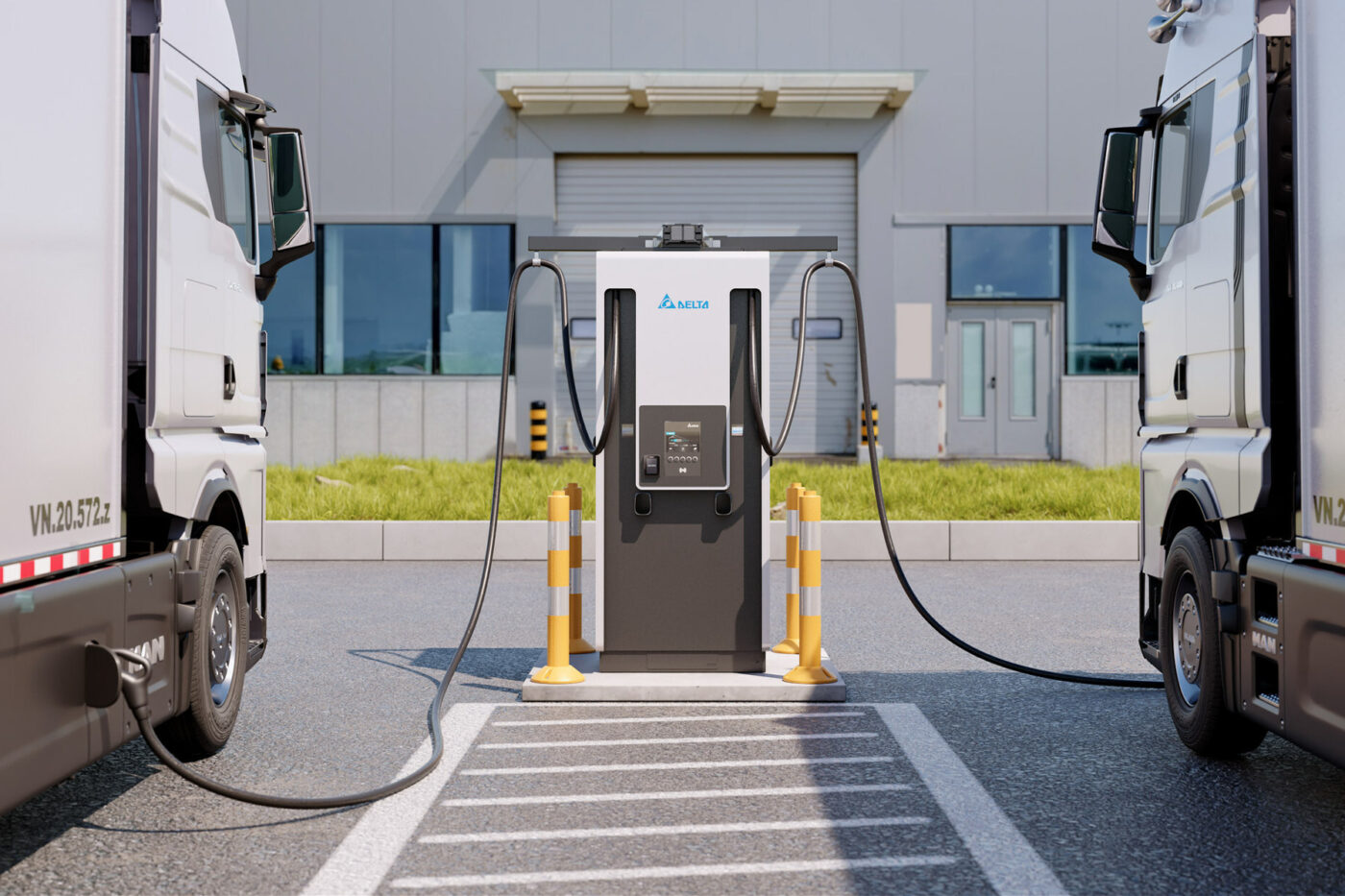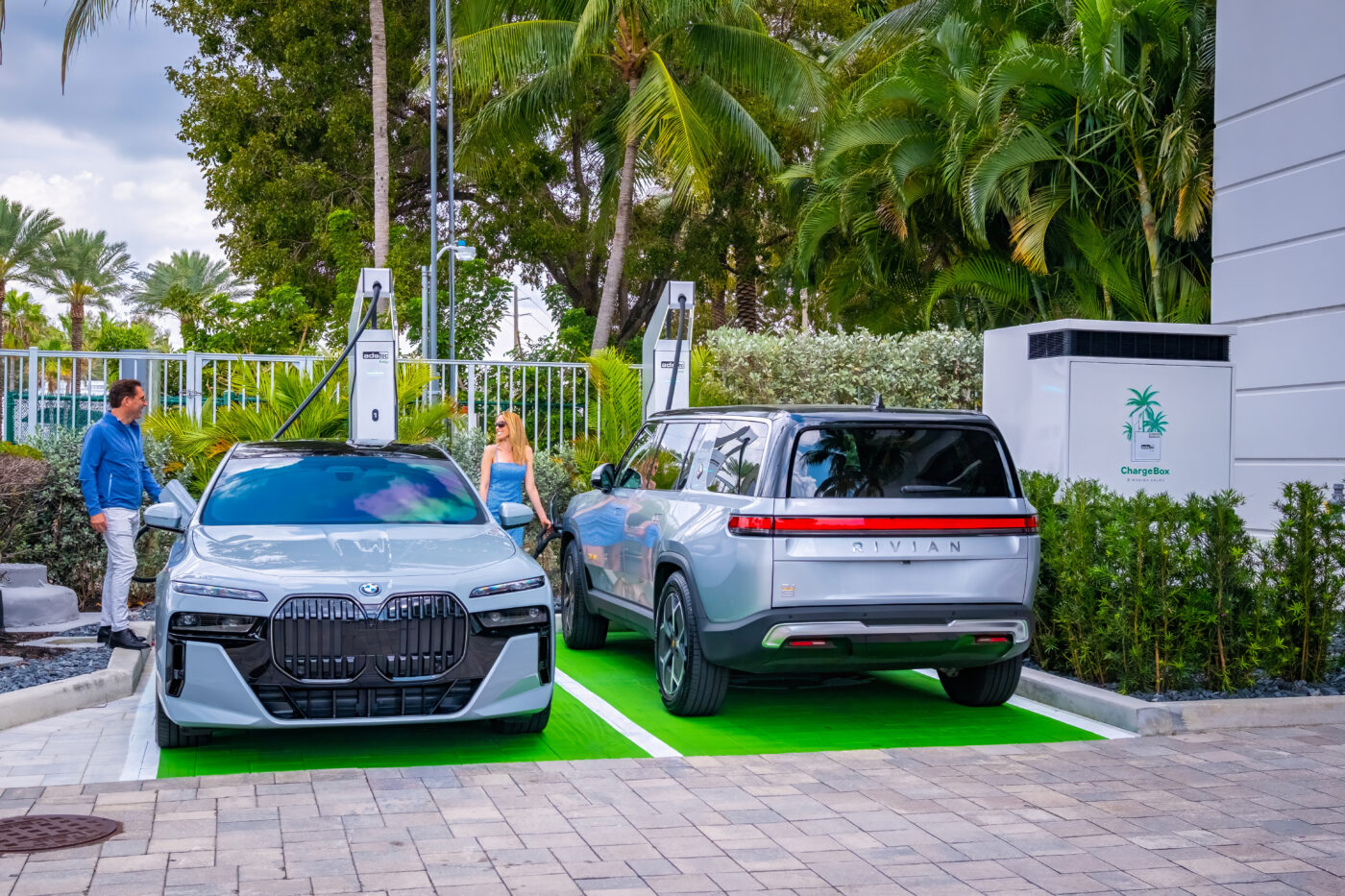Energy giant Shell has unveiled plans to shutter up to 1,000 retail gas stations in the coming years, aiming to bolster its electric vehicle (EV) charging infrastructure. The move is part of Shell’s broader Energy Transition Strategy, signaling a significant shift towards sustainable energy solutions.
In its latest report, Shell outlined its intention to close 500 retail sites annually in both 2024 and 2025. The company is redirecting its efforts to scale its public EV charging network, with ambitions to increase charging points to 200,000 by 2030, a substantial rise from the current 54,000.
See also: Electric Vehicle Adoption Accelerates in Europe, Easing Range Anxiety, According to Shell Report
“We plan to divest around 500 Shell-owned sites (including joint ventures) a year in 2024 and 2025,” the company stated in the report. Shell emphasized a strategic pivot, focusing on public charging stations rather than home charging, leveraging its extensive global network of service stations as a competitive advantage.
“We are focusing on public charging, rather than home charging, because we believe it will be needed most by our customers,” Shell noted. The company highlighted its convenience retail offering, which provides customers with coffee, food, and other amenities while they charge their EVs.
See also: Shell to Establish Nationwide Network of Fast and Ultra-Fast Charging Stations in Austria by 2025
The energy transition strategy also revises some of Shell’s carbon emissions targets for the next decade. However, the company remains committed to achieving net-zero carbon by 2050, with plans to invest $10 to $15 billion in low-carbon energy solutions between 2023 and 2025.
Shell’s acquisition of the U.S. EV charging network Volta Charge last year underscores its dedication to expanding its charging infrastructure. Additionally, the company has entered into numerous partnerships to support EV charger deployment.
See also: Shell Collaborates with Maritime and Port Authority of Singapore to Introduce Electric Ferries
Despite these efforts, Tesla maintains its dominance in the U.S. EV charging market with its Supercharger network, comprising 61.7 percent of charging points. Tesla has recently begun opening its Superchargers to other EV brands, starting with Ford and Rivian.

